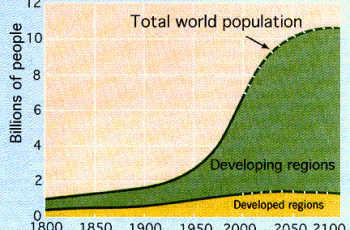In this article, we will define and discuss how to calculate ERA which is short for earned run average.
ERA is a baseball statistic represents the amount of earned runs, on average, that a pitcher allows for every nine innings he or she pitches.
Earned runs are runs for which a pitcher can be held fully responsible. To be counted toward a pitcher’s ERA, a run cannot result from any defensive errors or passed balls.
While unearned runs are runs scored as the result of an error or a passed ball. Pitchers aren’t held responsible for unearned runs, which is why they are not factored into the pitcher’s earned run average. It is up to the official scorer to determine whether a run is earned or unearned.
An ERA between 2.00 and 3.00 is also considered excellent and is only achieved by the best pitchers in the league.
Formula to Calculate ERA.

Earned runs is the number of runs scored while the pitcher was on the mound.
Innings pitched is each full inning (3 outs) that the pitcher has been on the mound.
Game innings is always equal to 9.
Example:
Suppose a pitcher has pitched 5 innings and has allowed 2 earned runs. Calculate the ERA score.

Thus, her ERA score is 3.6.

